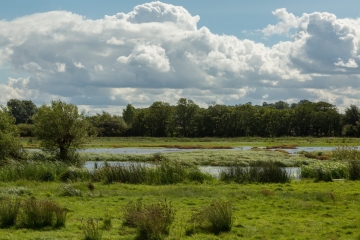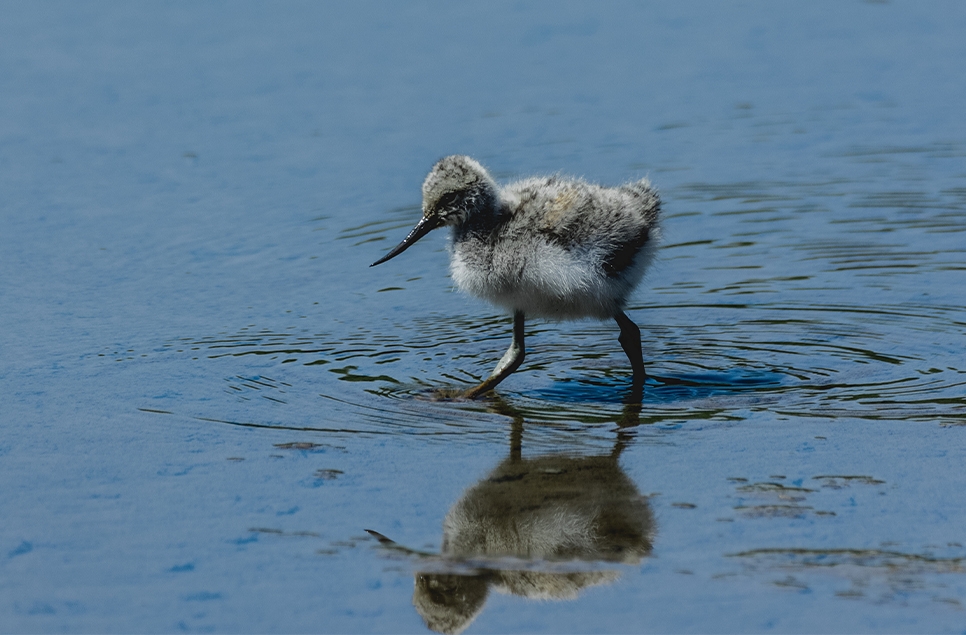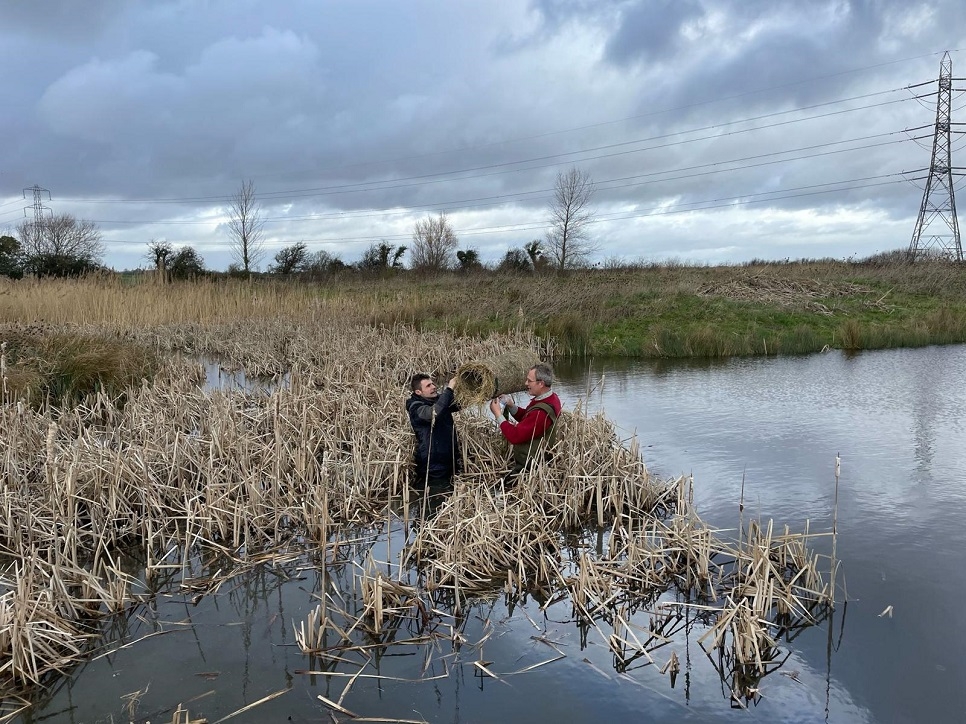Grant secured to protect and enhance the Somerset coast
Fantastic news! An ambitious new project to safeguard the Somerset coast from the effects of climate change has received a £1.58m grant as part of the UK Government’s new Green Recovery Challenge Fund.
The project will focus on creating and restoring 130 hectares (about 105 football pitches) of nature-rich wetland habitat along the Somerset coast. This habitat will help increase flood resilience, improve soil and water quality and help absorb carbon, increasing the robustness of the county’s coastline overall. The project also aims to embed knowledge and skills within local communities so they can continue this work into the future.
It is one of the first environmental projects awarded funding from the £40 million pot available through the Green Recovery Challenge Fund. And is one of twenty one projects to have been awarded a larger grant (over £250k - £5m). Forty seven projects have been awarded smaller grants (£50 - £250k).
Securing this significant amount of funding early from one of the Government’s new flagship green funding schemes is a great initial step towards promoting the nature-based solutions that wetlands provide and being able to quickly respond to this opportunity has paid off.
The proportion of the funding that is being allocated to Steart Marshes will see habitat improvement works undertaken in the three main areas of the site. Identifying and delivering health and wellbeing opportunities within the local community and the writing and provision of training and learning sessions, which will involve practical work and monitoring on the reserve itself. All of this will be undertaken throughout 2021 and reach completion by April 2022.
The Somerset coast project will be delivered in partnership with Farming & Wildlife Advisory Group South West (FWAG), Bridgwater & Taunton College (BTC) and Manchester Metropolitan University (MMU).
The Green Recovery Challenge Fund is a key part of Prime Minister’s 10 Point Plan to kick-start nature recovery and tackle climate change. The fund is being delivered by the National Lottery Heritage Fund in partnership with Natural England and the Environment Agency.
WWT’s Senior Project Manager for Wetland Landscapes, Tim McGrath said:
“The world is facing a climate crisis, a nature crisis and an emerging wellbeing crisis. To combat this, WWT is launching its own Blue Recovery, which proposes the creation and restoration of wetlands as a natural solution to these problems.
“Healthy wetlands have multiple benefits for people and wildlife; they store more carbon than forests, they store and slow the flow of water, preventing flooding, they support biodiversity and provide people with an abundance of nature to enjoy, proven to have positive impacts on health.
“We are so pleased to be the recipients of such a generous fund to help this work get underway in Somerset, where WWT has had a longstanding presence, centred around the spectacular WWT Steart Marshes.”
Environment Minister, Rebecca Pow, said:
“These projects will drive forward work across England to restore and transform our landscapes, boost nature and create green jobs, and will be a vital part of helping us to build back greener from coronavirus.
“I look forward to working with environmental organisations as these projects help address the twin challenges of biodiversity loss and climate change, while creating and retaining jobs as part of the green recovery.”
Ros Kerslake, Chief Executive, National Lottery Heritage Fund, said:
“Supporting our natural environment is one of the most valuable things we can do right now. All these projects are of huge benefit to our beautiful countryside and wildlife, but will also support jobs, health and wellbeing, which are vitally important as we begin to emerge from the coronavirus crisis.”
The government’s forthcoming Environment Bill puts the environment at the centre of policy making to ensure that we have a cleaner, greener and more resilient country for the next generation. The fund is supporting a range of nature conservation and recovery, as well as nature-based solutions projects, which will contribute towards government’s wider 25 Year Environment Plan commitments.



